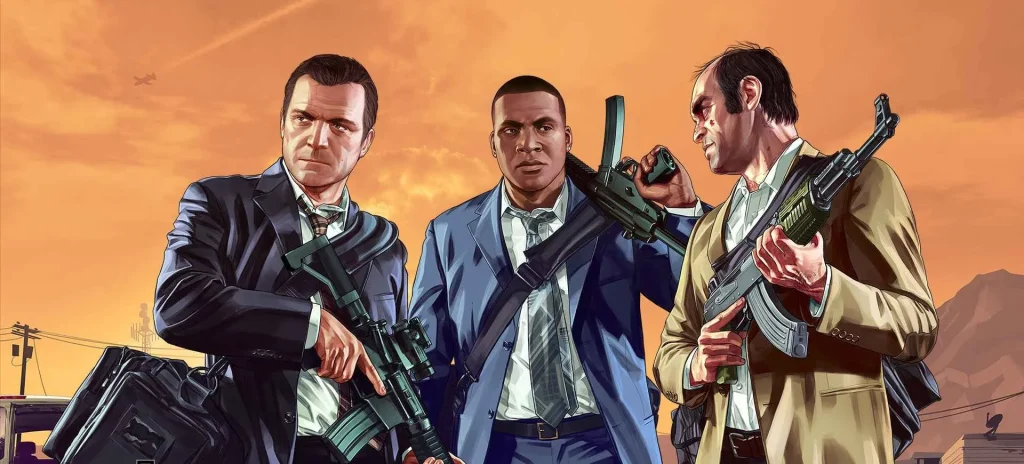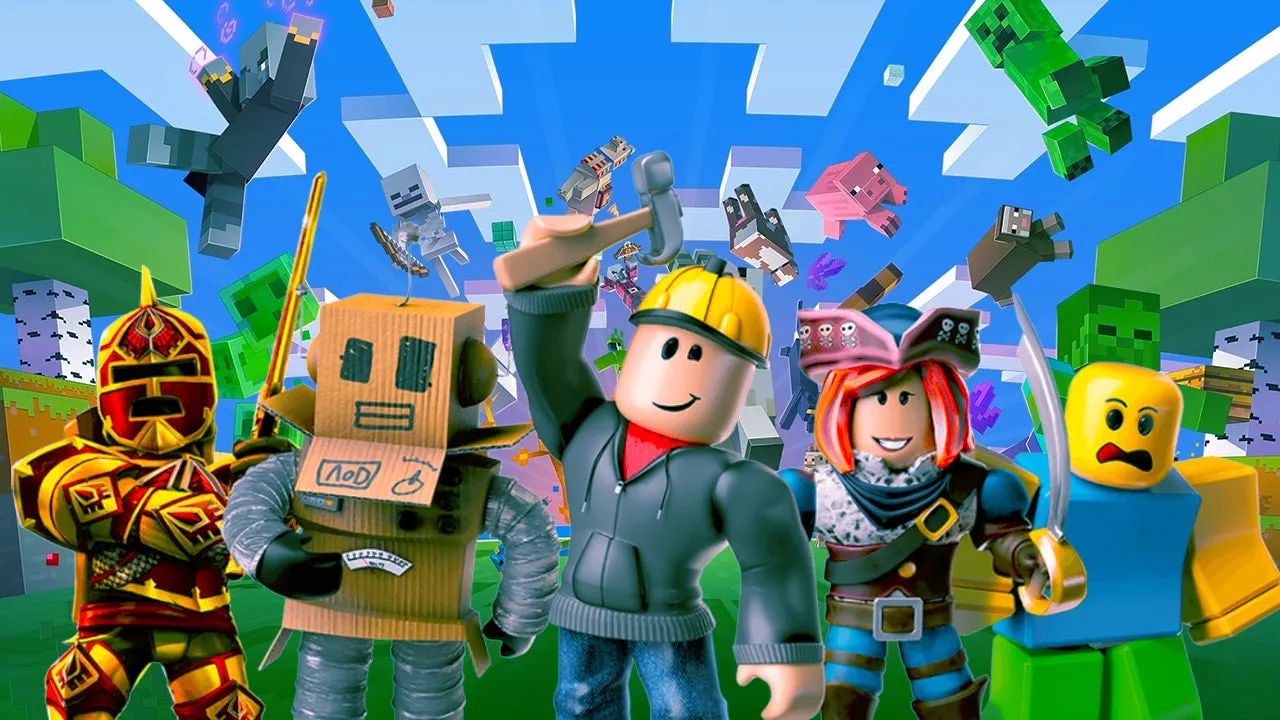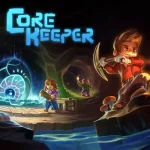Popular Now
Introduction
Grand Theft Auto V (GTA V), developed by Rockstar Games, is widely celebrated for its open-world design, dynamic storytelling, and the chaotic fun it offers players. Since its release in 2013, it has become one of the most successful games in history, with a sprawling single-player campaign and the ever-evolving multiplayer component, GTA Online. However, beneath its reputation for freedom lies a critical and often overlooked issue: the illusion of complete player agency. While the game appears to offer limitless possibilities, many of its systems subtly guide or limit the player’s actions. This analysis explores how player freedom in GTA V has evolved, where it truly exists, and where it is cleverly (or frustratingly) restricted.
-
The Promise of Open-World Freedom
GTA V’s Los Santos is a marvel of world-building, packed with activities: racing, skydiving, investing in stock markets, or simply wreaking havoc. It invites the player to be whoever they want to be—Michael the criminal mastermind, Franklin the street-smart driver, or Trevor the unhinged anarchist.
This freedom is the selling point of the game. Yet, from the very beginning, that freedom is framed within pre-set narratives and design boundaries. The player can’t change core story outcomes, access all areas immediately, or even engage with certain in-world features without progressing through scripted missions.
-
Storyline Control and Character Restrictions
GTA V gives players the rare ability to switch between three protagonists, each with a distinct personality and life. This system adds depth and realism. However, the story remains linear. Missions unfold in a strict sequence, and the game often locks the player into specific characters to maintain its narrative pacing.
Key examples of this restriction include:
-
Forced character switches during story arcs.
-
Lack of alternate endings until the very final mission.
-
Absence of moral choice in most missions, limiting roleplaying flexibility.
While the illusion of choice exists, especially during heist planning, the consequences are largely cosmetic or financial. True narrative freedom is limited.

-
Heists and the False Sense of Strategy
Heists are the standout missions in GTA V, allowing players to choose approaches, hire crew members, and plan their execution. On the surface, this seems like deep, strategic freedom.
In practice, however:
-
The options are binary (loud vs. stealthy).
-
Crew members’ competence scales predictably.
-
The game heavily favors certain paths and punishes deviation.
This means that while the player can “choose” a strategy, only one option tends to be optimal in terms of outcome. This undercuts replay value and diminishes the sense of true control.
-
Environmental Interaction and Missed Potential
Los Santos is rich in detail, but interaction is often shallow. Players can walk into clothing stores, eat at fast food joints, and visit strip clubs—but there’s little depth to these systems.
Missing elements include:
-
No real hunger or stamina system (unlike San Andreas).
-
Lack of dynamic relationships with NPCs.
-
Limited property customization or housing features beyond aesthetics.
This creates an environment that feels alive, but doesn’t evolve or respond deeply to the player’s behavior beyond the basic wanted system or mission progression.
-
Police AI and Consequence Design
The police system in GTA V is both iconic and flawed. While the escalating wanted levels are thrilling, they’re also frustratingly rigid.
Key issues include:
-
Unrealistic police response times and omnipresence.
-
Lack of negotiation or non-violent resolution.
-
Poor disguise or evasion mechanics (e.g., hiding in crowds or using clothing to blend in).
This makes the sandbox feel more like a game of cat-and-mouse than a simulation of criminal life. It reduces immersion and underscores how consequence in GTA is more mechanical than meaningful.
-
GTA Online: Shared Freedom or Monetized Control?
When GTA Online launched, it expanded the game’s freedom by letting players create their own characters, start businesses, and build criminal empires. But this new world came with new limitations.
-
Progress is tied heavily to grinding or purchasing Shark Cards.
-
High-level content (like the Casino or Nightclubs) is locked behind huge monetary investments.
-
Griefing from other players and limited public lobby control ruin immersion.
This creates a scenario where “freedom” is earned through hours of grind or real-world money, which undermines the game’s philosophy of doing anything, anytime.
-
Mission Replayability and Player Choice
One of the most requested features in open-world games is meaningful mission replayability. While GTA V allows players to replay missions to earn Gold Medals, it doesn’t offer much variability in mission outcomes.
For instance:
-
Dialogue changes are minimal even when using different approaches.
-
Most missions funnel players down specific paths with minimal deviation.
-
Alternate strategies are often unsupported or outright fail the mission.
The lack of dynamic mission structure means players are simply repeating content, not re-experiencing it with new results.
-
Gender and Representation Limits
GTA V, unlike GTA Online, does not allow for the creation or selection of female protagonists. This decision sparked criticism upon release and continues to be a limitation in terms of narrative inclusivity.
Moreover:
-
Most female NPCs are reduced to stereotypes or background roles.
-
Players have no influence over the identity or representation of their avatars in the story.
This represents a clear limitation in freedom of self-expression, especially given the game’s emphasis on player-driven identity in other areas.

-
Modding and Community-Created Freedom
Ironically, the greatest source of actual freedom in GTA V comes from the modding community. Mods like:
-
LSPD:FR (play as a cop),
-
NaturalVision Evolved (graphics overhaul),
-
Complex Control (battle royale mechanics),
extend the sandbox far beyond Rockstar’s original boundaries. This shows that the engine and world of GTA V are capable of more than the base game allows. It also reveals the potential Rockstar has left untapped—either deliberately for control or due to development constraints.
-
The Future of Player Agency in GTA VI
With GTA VI on the horizon, Rockstar faces a crossroads. Will they continue designing structured freedom—where the world feels open, but player impact remains shallow—or will they embrace deeper player agency?
What players hope for:
-
Meaningful choices that affect story and world outcomes.
-
Customizable protagonists with diverse backgrounds.
-
Evolving environments that react to player morality and decision-making.
-
Less grind-based progression and more emergent narrative systems.
Given the success of RPG-style immersion in games like Red Dead Redemption 2, Cyberpunk 2077, and The Witcher 3, the pressure is on Rockstar to reimagine freedom not just as movement and chaos, but as meaningful influence.
Conclusion
GTA V has mastered the art of simulated freedom—offering players a dazzling array of choices that ultimately lead down similar paths. Its open world is vibrant, its characters memorable, and its design ambitious. But the game subtly fences players in with hidden rails, economic pressures, and linear storytelling. As players look toward GTA VI, the hope is that Rockstar will build not just a bigger sandbox, but a deeper one—where actions have consequence, and freedom is more than just an illusion.

















